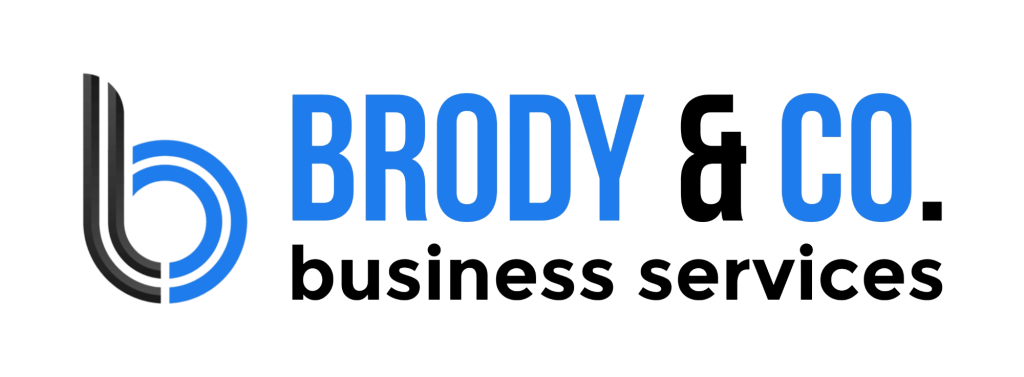
In a fast-paced business environment, the pressure to constantly track progress can lead companies to over-report and under-perform. While data-driven decision-making is vital, many consultants argue that too-frequent reporting may actually hinder long-term success. We spoke with six experienced business consultants, including Kevin Coza, to understand how shifting to end-of-quarter reporting can create more space for meaningful growth.
Kevin Coza: Focus on Execution, Not Micromanagement

Kevin Coza, a strategic growth consultant with over 20 years of experience, believes that frequent reporting can turn leadership into micromanagement. “When teams are asked to report weekly or even bi-weekly, a lot of time is spent formatting updates and preparing presentations rather than doing the actual work that leads to growth,” he says. Holding reporting until the end of the quarter allows leadership to focus on strategic direction and empowers teams to execute without constant interruptions. Kevin suggests using quarterly reporting as a checkpoint rather than a steering wheel.
James Walker: Create Space for Real Progress

James Walker, a former corporate COO turned independent consultant, emphasizes that growth doesn’t happen in spreadsheets but in deep work. “When people know they’re not being judged every week, they’re more likely to take bold actions that result in real outcomes,” he explains. According to James, holding off on reporting gives space for experiments, innovation, and failure—all critical for growth. He recommends a model where teams log learnings internally but only present results and insights at the end of the quarter, enabling more meaningful analysis.
Michael Thompson: Reduce the Noise, Enhance the Signal

Michael Thompson, a metrics and performance advisor, believes that too-frequent reporting causes organizations to fixate on short-term data. “You get a lot of noise and volatility in weekly numbers, and that noise can lead to poor decisions,” Michael says. By consolidating reporting into a quarterly cadence, companies can better identify true trends and focus on what actually drives performance. He recommends building dashboards that update automatically but reserving deep-dive reviews for the quarter’s end.
Brian Adams: Build Accountability Without Anxiety

Brian Adams, who coaches leadership teams at mid-size tech firms, highlights the emotional toll of constant reporting. “You want your people motivated, not anxious,” he says. “When you make them report every few days, they shift to defensive mode instead of growth mode.” Brian sees quarterly reporting as a way to balance accountability with autonomy. He recommends combining quarterly performance reviews with forward-looking planning sessions to reinforce ownership and growth orientation.
Chris Johnson: Let Strategy Breathe

Chris Johnson, an organizational strategy consultant, says that good strategies take time to develop and validate. “Reporting too often doesn’t give your strategy enough time to work. You’re constantly tweaking instead of building,” he warns. Chris advises clients to commit to a strategic direction for 90 days, use the time to execute without major course corrections, and then evaluate results. This approach, he says, aligns better with long-term growth goals.
David Miller: Maximize Learning Cycles

David Miller, an expert in agile transformation, compares quarterly reporting to a sprint retrospective. “It’s about learning what worked, what didn’t, and what can be improved. If you review too often, you shorten the learning cycle to the point of missing the bigger picture,” he explains. According to David, organizations need time to experience the effects of their decisions before they can effectively learn from them. He advises teams to track progress internally but reserve synthesis and insight sharing for quarterly sessions.
Conclusion: Align Reporting with Growth Goals
Each of these consultants brings a unique lens, but they all point to a shared insight: growth requires time, focus, and trust. Constant reporting can distract, demoralize, and distort the real picture of progress. By shifting reporting to a quarterly cadence, companies can give teams the breathing room to innovate, the clarity to focus on outcomes, and the space to build something meaningful. As Kevin Coza puts it, “Growth isn’t about controlling every step. It’s about giving direction and letting people run.”
The message is clear: if your goal is real, sustainable growth, consider reporting less often—and acting more boldly in between.
Learn More
